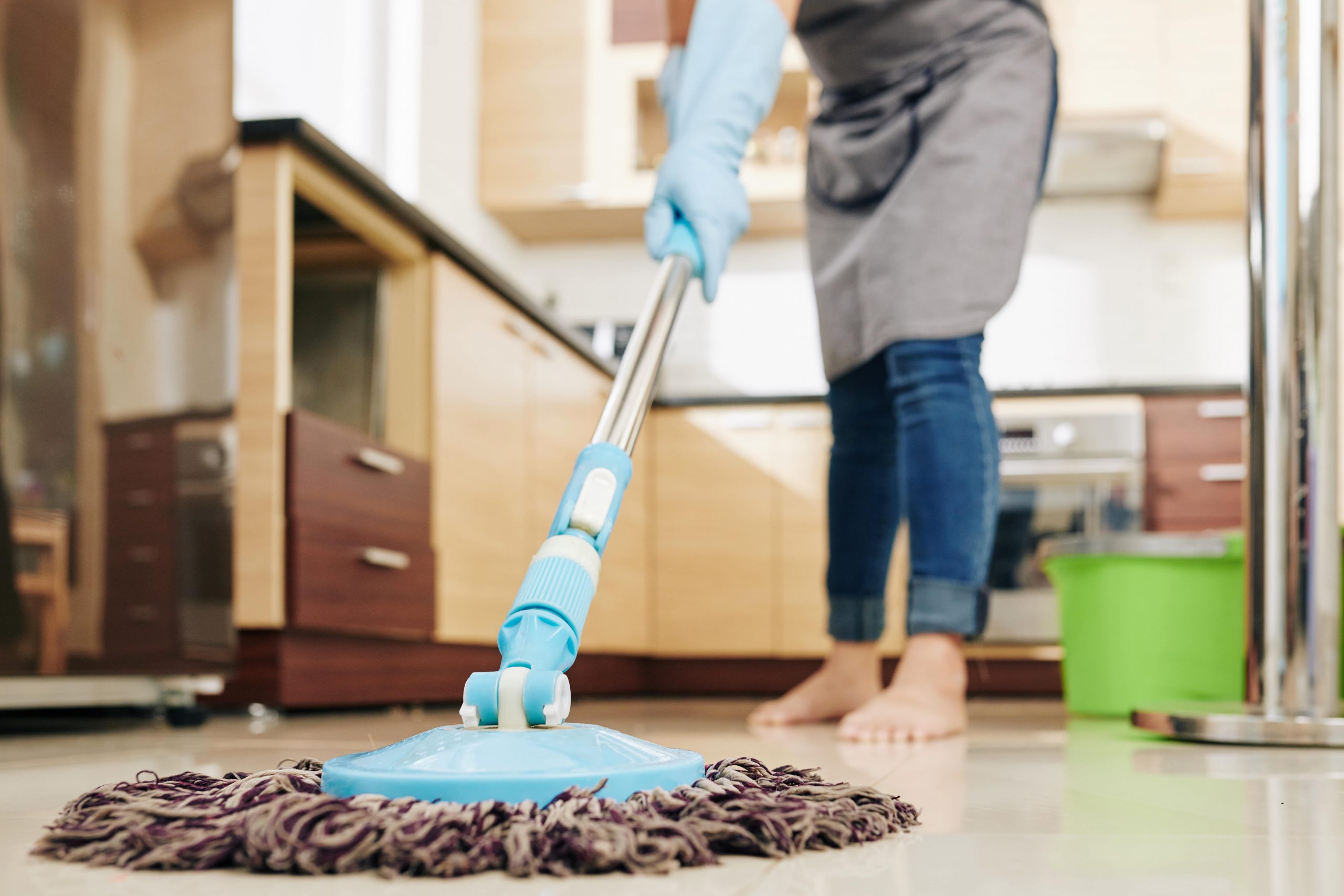The kitchen can be one of the most hazardous places in any home, especially for families with children. There are numerous risks that could go wrong here–fires, burns and food poisoning are just a few–but fortunately there are some simple precautions you can take to keep everyone safe while cooking together.
Different Safety Tips in Your Kitchen
The most effective way to prevent a fire in the kitchen is prevention. This involves keeping flammable items out of reach, keeping cooking appliances working efficiently and practicing fire safety measures.
If you do accidentally start a fire, be sure to extinguish it quickly with water or another liquid. Additionally, ensure your kitchen has an operational smoke alarm for added safety.
Cooking equipment and small appliances can be a source of fires in the kitchen. Be sure to read all instructions and safety warnings on all devices you use in the kitchen for safety.
Never leave a cooking appliance unattended while it is in use, and keep cords out of reach of curious children. Furthermore, store matches and lighters in high places where they cannot be reached by curious hands.
When cooking, always wear long sleeves to help avoid grease burns. Be sure to turn pan handles toward the back of the stove and use its back burners whenever possible.
Maintain the sharpness of knives. A dull knife is more likely to slip and cut you than one that’s sharp, so always hold the blade at the edge of your cutting board when using it.
When cutting anything, curl your fingers inward so that if the knife does slip, it nicks a knuckle or fingernail instead of your fingertip.
Make sure to cut all food on a secure board; never use your hand as a cutting board or slice food over the sink.
Use a knife that is the appropriate size for the task at hand, and only use it after it has been properly sharpened. Additionally, practicing knife handling before trying more advanced techniques is recommended.
Make sure your first aid kit is always prepared with any necessary medical supplies, such as gauze, burn salve and scissors. This way, you can provide immediate attention to any injuries that may occur while in the kitchen.
Teach kids to always wash their hands before and after handling raw foods, helping prevent infections from arising and making it simpler for you to monitor their kitchen safety habits.
Supervise your child while they assist in the kitchen and teach them general safety rules like turning pot handles away from their body to avoid knocking them over. Older children should learn how to safely use stove and oven appliances so that they know what steps to take in case an emergency arises.

